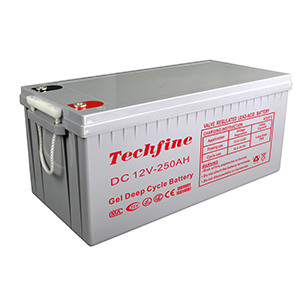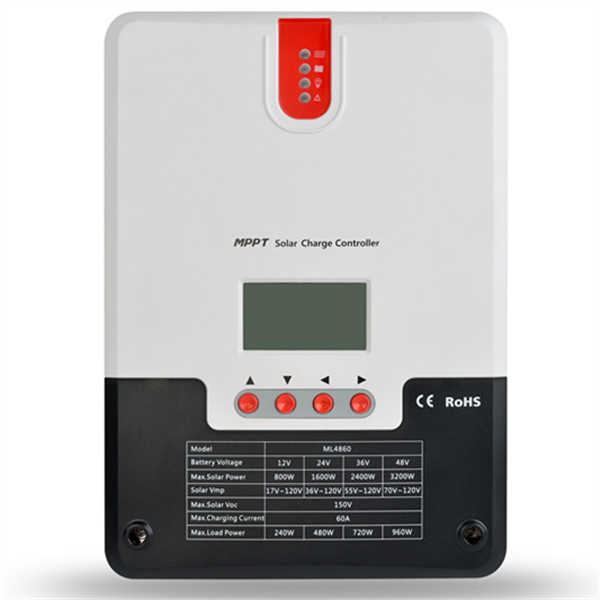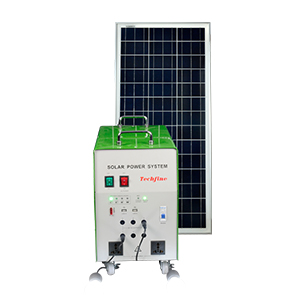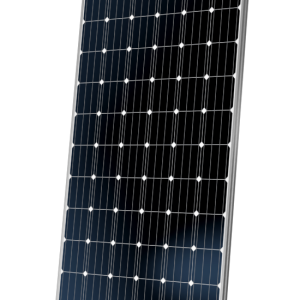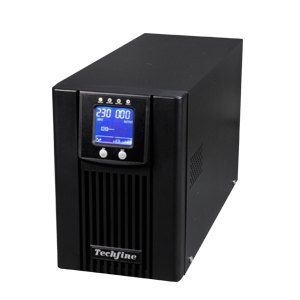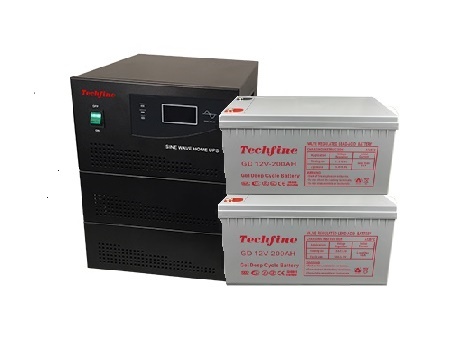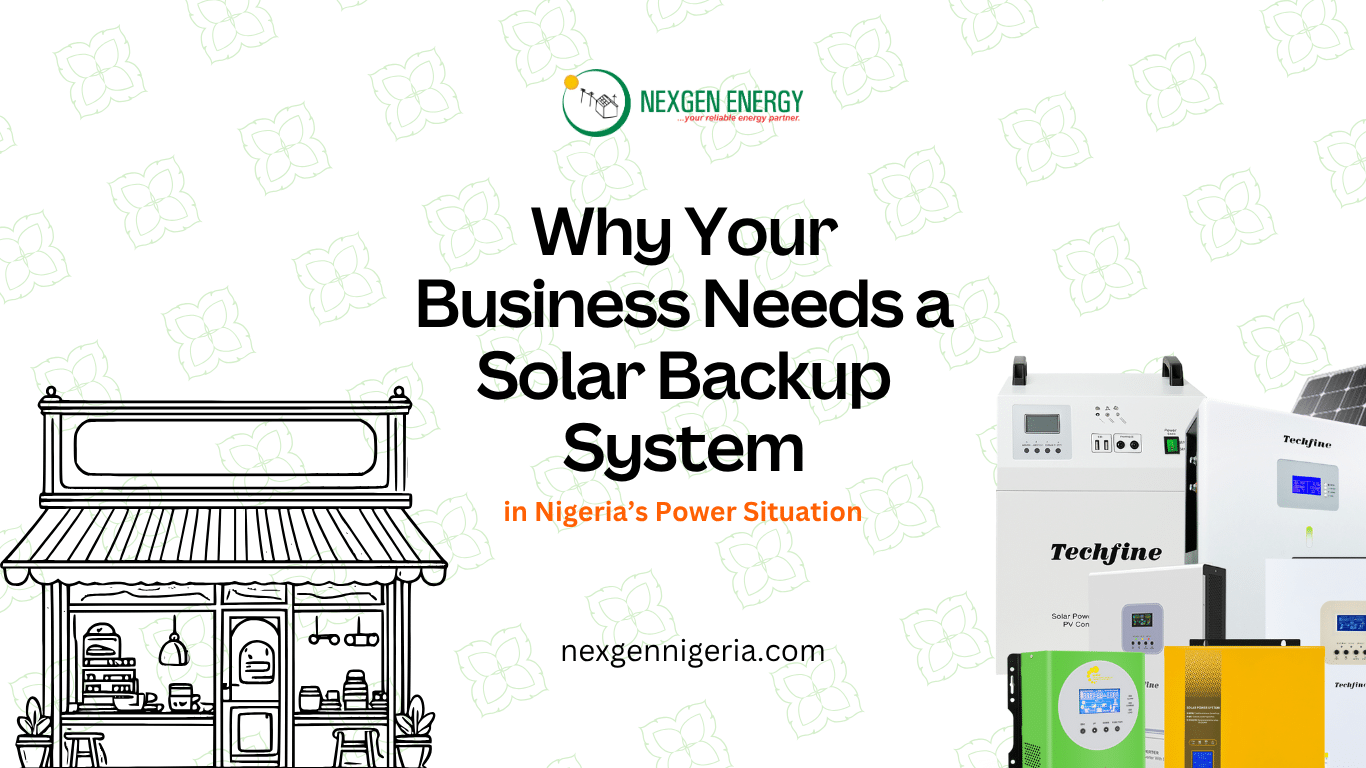Businesses face frequent outages, rising fuel prices, and high operational costs. Relying only on the national grid or fuel generators affects productivity and profit.
No doubt a solar backup system offers a reliable, cost-effective solution.
What is a Solar Backup System?
A solar backup system combines solar panels, inverters, batteries, and charge controllers. The panels generate electricity from sunlight. The inverter converts it to usable power for appliances. The batteries store excess energy for later use. When the grid fails, the stored power runs your business without interruption.
Key Reasons Your Business Needs Solar Backup
1. It Reduces Generator Costs
Fuel prices in Nigeria have increased. Generators require diesel or petrol, regular servicing, and replacement parts. A solar backup system reduces or removes the need for constant generator use. Over time, this lowers your operating expenses.
2. It Offers Stable Operations During Outages
Unplanned outages delay work and reduce efficiency. With solar backup, your business continues running smoothly.
3. It Offers Long-Term Savings
The upfront cost of solar energy is higher than that of buying a generator. But solar systems last longer and have fewer running costs. A properly sized solar system serves you for over five years. Batteries provide reliable storage and reduce reliance on the grid.
4. It Protects Sensitive Equipment
Frequent outages and power surges damage equipment. Computers, medical devices, and machines fail when exposed to unstable electricity. Solar systems deliver steady, clean power. This extends the lifespan of your assets and reduces repair costs.
5. It Improves Business Reputation
Customers value businesses that provide consistent service. Shops with constant power attract more buyers. Hotels with reliable electricity get better reviews. Offices with uninterrupted internet and operations perform better. A solar backup system builds trust and reliability with clients.
6. It Offers Environmental Responsibility
Fuel generators release harmful emissions. Solar systems use clean energy. This helps your business reduce its carbon footprint and meet sustainability goals.
Cost Comparison: Solar vs. Generators in Nigeria
● A medium-sized business using a 10 kVA generator spends around N300,000 to N400,000 monthly on fuel and maintenance.
● A similar solar system may cost several million naira upfront. But after installation, monthly costs reduce to near zero apart from minor maintenance.
● Over 3 to 5 years, solar pays for itself and continues to save money.
What to Consider Before Installation
1. Your energy needs. Calculate the appliances you run daily.
2. Your budget. Solar systems have different sizes and storage options.
3. A reliable installer. Poor installation reduces performance.
4. Quality products. Always use trusted brands with warranties.
Steps to Get Started
● Conduct an energy audit of your business.
● Work with a professional installer.
● Choose between hybrid and off-grid systems.
● Plan for future expansion by selecting scalable equipment.
At Nexgen Energy, we design and install solar backup systems tailored to Nigerian businesses. From small shops to large enterprises, we help you cut costs and stay powered all through.

